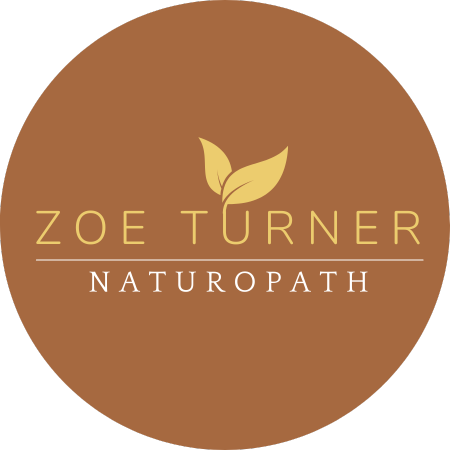When you have low levels, what does it indicate, and how can it affect health and disease?
Vitamin K is essential for the proper functioning the blood clotting system and also plays a role in bone health. Low levels of vitamin K can indicate a deficiency, which can lead to an increased risk of bleeding and bruisability. In addition, low levels of vitamin K have been linked to a higher risk of osteoporosis and bone fractures. The main dietary sources of vitamin K are leafy green vegetables, such as spinach and broccoli, and vegetable oils. Vitamin K can also be obtained through supplements, but it is generally recommended to get nutrients through diet as much as possible. Deficiency is rare as it is found in many foods and also synthesised by gut microbiome.
Can vitamin k affect the immune system and microbiome?
Vitamin K plays a role in supporting the immune system, as well as maintaining the health of the gut microbiome.
Research suggests that vitamin K may help to regulate the immune system by promoting the production of certain immune cells, such as T-cells and natural killer cells, which play important roles in fighting off infections and diseases.
Vitamin K also plays a role in maintaining the health of the gut microbiome. The gut microbiome is a diverse community of microorganisms that live in the digestive tract and are essential for maintaining overall health. Vitamin K is important for the production of certain gut bacteria, such as Bacteroides and Lactobacillus, which play important roles in maintaining the balance of the gut microbiome.
However, more research is needed to fully understand the relationship between vitamin K and the immune system, gut microbiome and the link between them is still not well understood.
Vitamin k and allergies to dust mites and gluten?
There is some evidence to suggest that vitamin K may play a role in reducing the risk of certain allergies, such as allergies to dust mites and gluten. However, more research is needed to fully understand the relationship between vitamin K and allergies.
Research has shown that people with allergies to dust mites have lower levels of vitamin K in their blood compared to those without allergies. Additionally, a study in mice found that supplementing with vitamin K reduced the severity of dust mite-induced allergic reactions.
There is also some evidence to suggest that vitamin K may play a role in reducing the risk of gluten-related disorders, such as celiac disease. A study found that people with celiac disease had lower levels of vitamin K in their blood compared to those without the disease.
It’s important to note that these are preliminary studies and more research is needed to understand the relationship between vitamin K and allergies.
Vitamin K foods
Vitamin K is found in a variety of foods, including:
Leafy green vegetables: Kale, spinach, broccoli, and collard greens are all excellent sources of vitamin K.
olive oil is a good source of vitamin K.
Fruits and vegetables: Blueberries, kiwi, avocado, cucumber, and prunes are all sources of vitamin K.
Meat and dairy: Beef liver, chicken liver, and butter are all sources of vitamin K.
Fruits and vegetables: Blueberries, kiwi, avocado, cucumber, and prunes are all sources of vitamin K.
It’s important to note that vitamin K is a fat-soluble vitamin, meaning that it is best absorbed when consumed with fat. So, it would be best to consume vitamin K rich foods with a source of fat.
Can coeliac disease effect uptake of Vitamin K?
Coeliac disease is an autoimmune disorder that affects the small intestine, and it can lead to malabsorption of a number of nutrients, including vitamin K.
Coeliac disease damages the villi, the small finger-like projections in the small intestine, responsible for absorbing the nutrients from the food we eat, this damage leads to malabsorption and nutrient deficiencies including vitamin K.
Additionally, people with coeliac disease may also have difficulty absorbing fat, which is necessary for the proper absorption of vitamin K. This can lead to a deficiency of vitamin K, which can increase the risk of bleeding, bruising and also Osteoporosis.
It’s important for people with coeliac disease to be under the care of a healthcare professional who can monitor their nutrient levels and provide guidance on dietary changes and supplements as needed. A gluten-free diet is the main treatment for coeliac disease and can help to improve nutrient absorption
